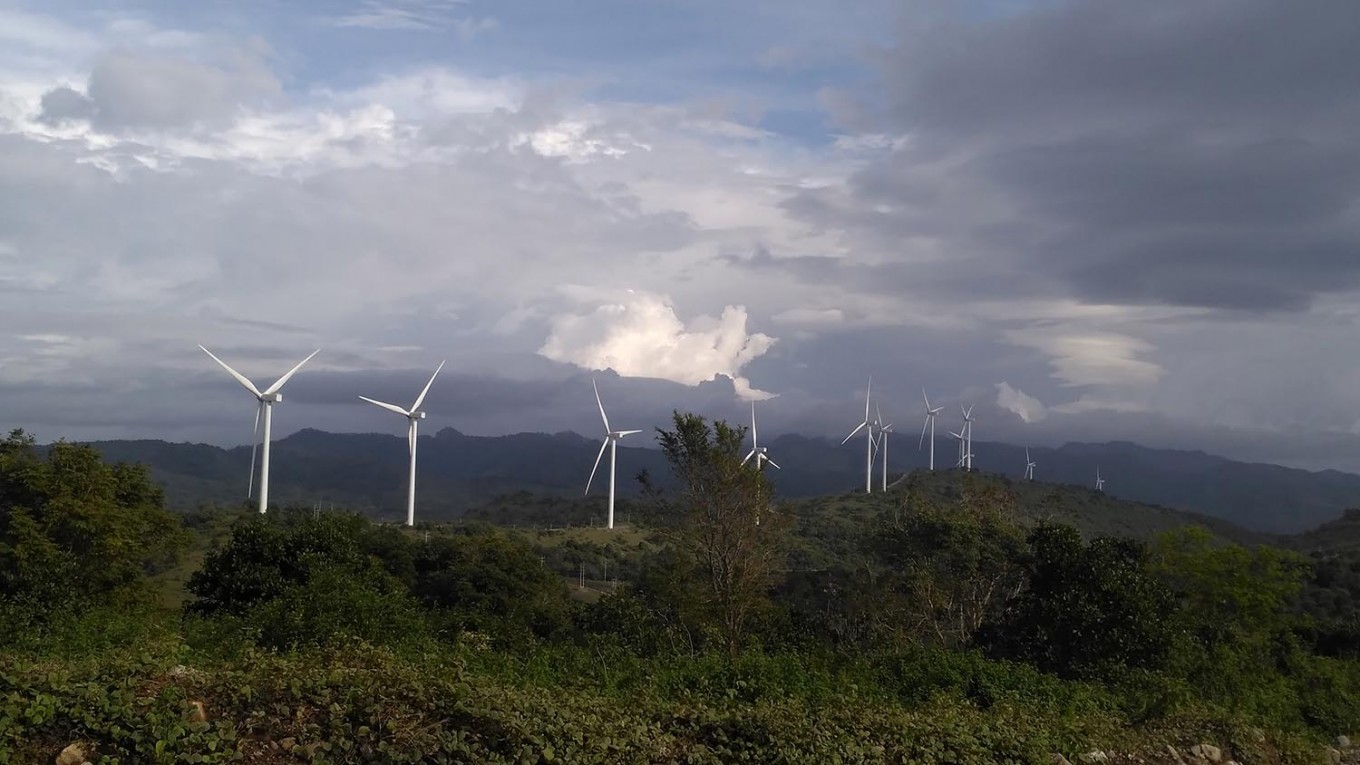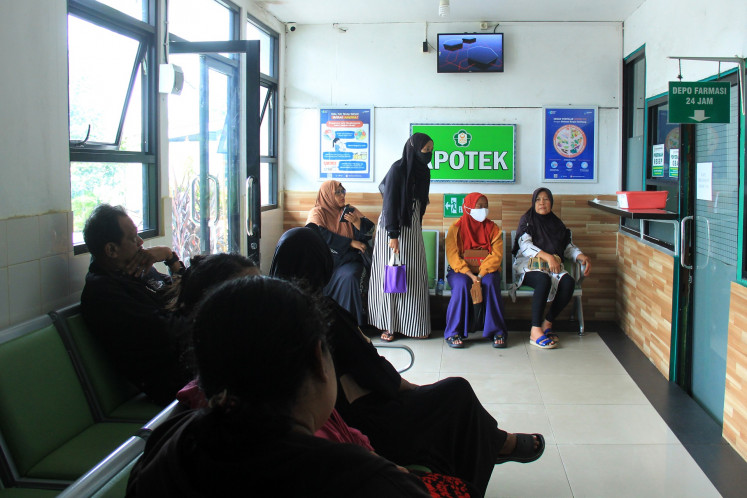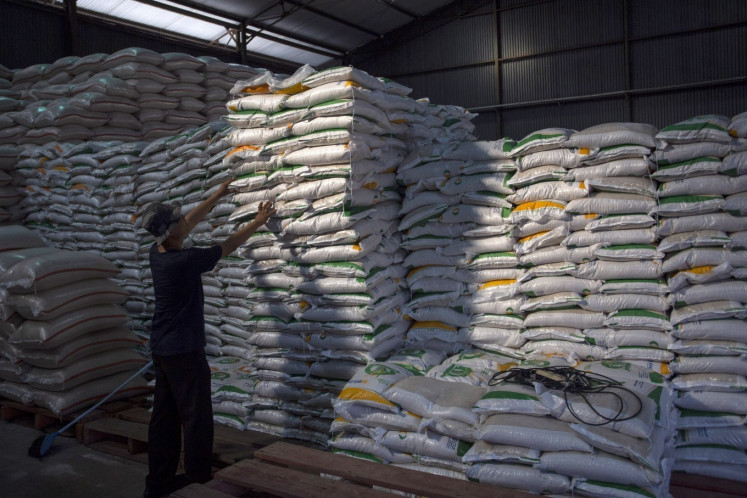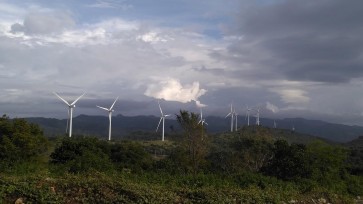Popular Reads
Top Results
Can't find what you're looking for?
View all search resultsPopular Reads
Top Results
Can't find what you're looking for?
View all search resultsIndonesia can lead G20 in sustainable energy transition
Indonesia needs close to $20 billion of clean energy investments in its energy system every year from 2021 until 2030 to achieve deep decarbonization.
Change text size
Gift Premium Articles
to Anyone
It may feel a bit like the strange case of Dr. Jekyll and Mr. Hyde when we speak highly of green energy and energy transition while at the same time scramble to secure coal supply. In the early weeks of 2022, the government had to take drastic measures to ensure that (coal-fired) electricity is not interrupted, while in this same year it is leading the Group of 20, in which one of three priority issues is sustainable energy transition.
It would be a gross oversimplification to pass quick judgement on any government facing one of the most challenging wicked problems – namely energy transition. Governments, not only Indonesia’s, have no easy task when it comes to energy transition. Last week, the World Economic Forum released The Global Risks Report 2022, in which it identified climate inaction as the top global risk over the next 10 years. It also soberingly notes that “governments will face backlash whether climate action is slow or aggressive”.
With over 70 percent of global greenhouse gases attributed to the energy sector, energy transition sits at the core of climate change mitigation. However, many countries today – developed and developing alike – would concur with a statement from a prominent English economist. “Day by day it becomes more evident that the coal we happily possess in excellent quality and abundance is the mainspring of modern material civilization,” William Jevons wrote in 1865. It has been clear for a while of course that the energy system of Jevons’ time cannot take us to a sustainable future.
The pace of historical energy transitions was not really driven by a specific target such as economic or environmental output in mind. Rather, innovation and dissemination of new energy technologies drove economic growth and environmental impact. The energy transition of our time is reversing that relationship whereby a global climate goal drives the transition whilst sustaining social and economic growth. A reversal of such relationship requires a different scale and pace of investments.



















